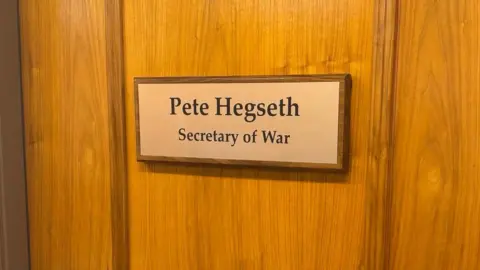In May, President Trump announced a groundbreaking initiative to issue permits for seabed mining, aiming to capitalize on the mineral-rich resources of the ocean floor. This substantial move has propelled The Metals Company, a start-up that has invested over $500 million in seabed exploration, to swiftly submit an application to the U.S. federal government for the necessary permits.
However, this directive has prompted a reevaluation from various global partners associated with The Metals Company. Key concerns arise from the potential conflicts with the Law of the Sea treaty, which governs maritime resource management, mandating that nations should reach a consensus on seabed mining before any such activities are undertaken in international waters. Nearly every country has recognized this treaty, creating an environment of intensified scrutiny surrounding the U.S. stance.
In particular, a Japanese company, previously allied with The Metals Company for mineral processing during seabed mining test runs, has indicated it is reassessing its collaboration. They emphasize the importance of aligning with businesses that “have earned international credibility,” suggesting a preference for adhering to established international laws despite U.S. policy changes.
As the dialogue around ocean resource management continues, The Metals Company is caught at the intersection of innovation and international law, struggling to reconcile ambitious mining goals with the deep-rooted regulations designed to protect global marine environments.
However, this directive has prompted a reevaluation from various global partners associated with The Metals Company. Key concerns arise from the potential conflicts with the Law of the Sea treaty, which governs maritime resource management, mandating that nations should reach a consensus on seabed mining before any such activities are undertaken in international waters. Nearly every country has recognized this treaty, creating an environment of intensified scrutiny surrounding the U.S. stance.
In particular, a Japanese company, previously allied with The Metals Company for mineral processing during seabed mining test runs, has indicated it is reassessing its collaboration. They emphasize the importance of aligning with businesses that “have earned international credibility,” suggesting a preference for adhering to established international laws despite U.S. policy changes.
As the dialogue around ocean resource management continues, The Metals Company is caught at the intersection of innovation and international law, struggling to reconcile ambitious mining goals with the deep-rooted regulations designed to protect global marine environments.




















